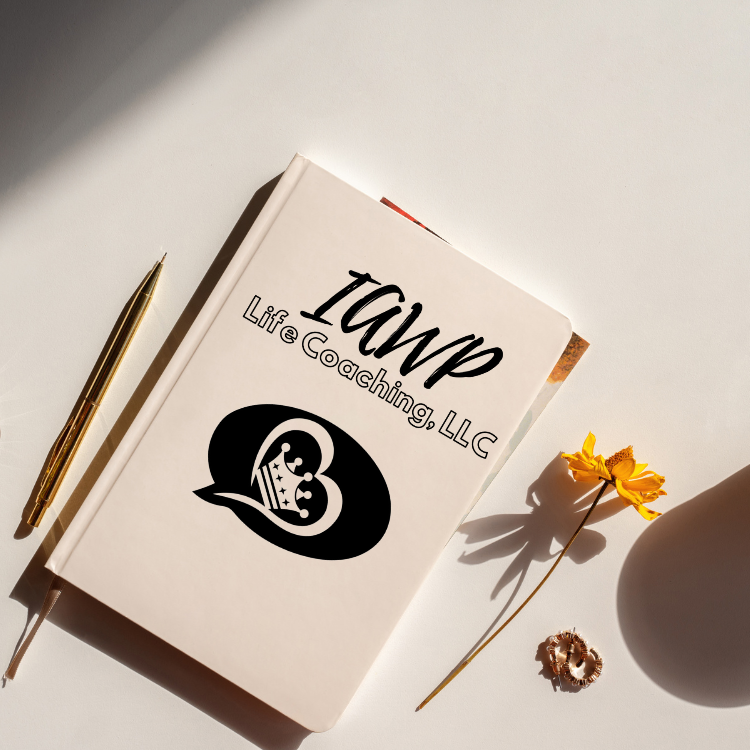By: Wintress Patrice, Certified NLP Life Coach

For many of us, the notion of self-love sounds simple in theory, but in practice, it becomes an entirely different story. We might conceptualize it as being gentle with ourselves, celebrating our accomplishments, or avoiding self-deprecation. Yet, unconditional self-love extends beyond these understandings and permeates our daily interactions, thoughts, and feelings about ourselves. It is a state where we love and accept ourselves in totality, free from any conditions or self-imposed expectations.
What Unconditional Self-Love Looks Like
Unconditional self-love is a constant, unwavering appreciation of oneself, irrespective of any perceived flaws or failures. This affection for self does not fluctuate based on external circumstances or personal achievements; it remains consistent.
On a daily basis, it may look like:
- Acceptance: You appreciate yourself in your entirety, acknowledging and embracing your strengths, weaknesses, successes, and failures alike.
- Kindness: You treat yourself with the same kindness and compassion that you would extend to a loved one. You understand that everyone has bad days and that those days don’t define your worth.
- Respect: You respect your body, your feelings, your time, and your energy, setting boundaries to safeguard your mental, emotional, and physical health.
- Patience: You give yourself the space to grow, understanding that personal development is a journey and not a race.
- Forgiveness: You forgive yourself for past mistakes, viewing them not as failures but as opportunities for growth and learning.
The Role of Positive Self-Talk
Positive self-talk is a vital part of practicing unconditional self-love daily. It represents the internal dialogue you have with yourself, where you affirm your worth, capabilities, and resilience. The thoughts you nurture have a significant impact on your mental and emotional well-being and shape your perception of self.
By choosing to engage in positive self-talk, you effectively rewire your brain to adopt a more loving and compassionate viewpoint towards yourself. Over time, this mental shift can drastically enhance your self-esteem and overall life satisfaction.
Best Practices for Unconditional Self-Love
Unconditional self-love is a skill that needs to be nurtured and developed consciously. Here are some best practices:
- Practice Mindfulness: Mindfulness helps you stay present and connected with your emotions and thoughts. Pay attention to your internal dialogue and observe how you talk to yourself. Are you using kind and gentle words, or are you being overly critical?
- Engage in Positive Self-Talk: Make a habit of speaking kindly to yourself. Use affirmations that resonate with your heart and remind you of your worth, capabilities, and resilience. For instance, say to yourself, “I am enough, just as I am,” or “I am resilient and capable of handling any challenges that come my way.”
- Set Healthy Boundaries: Respect yourself enough to set boundaries that protect your peace and energy. Say no when necessary and understand that you are not obliged to meet everyone’s expectations.
- Self-Care Rituals: Incorporate self-care practices into your daily routine. This could be a relaxing bath, a walk in nature, yoga, meditation, or any activity that rejuvenates you and helps you reconnect with yourself.
- Seek Professional Help: Don’t hesitate to seek professional help if self-love feels especially challenging. Therapists, life coaches, and counselors are equipped to guide you on your journey to self-love.
- Celebrate Your Achievements: Make time to celebrate your accomplishments, no matter how small. This not only boosts your self-esteem but also reinforces the idea that you are deserving of joy and success.
Unconditional self-love is a journey that takes time and patience. The goal is to cultivate a lasting relationship with yourself, one that’s based on kindness, acceptance, and respect. So, let the journey be beautiful and enriching, and remember, you are deserving of the love that you give so freely to others. Give some to yourself, too.
